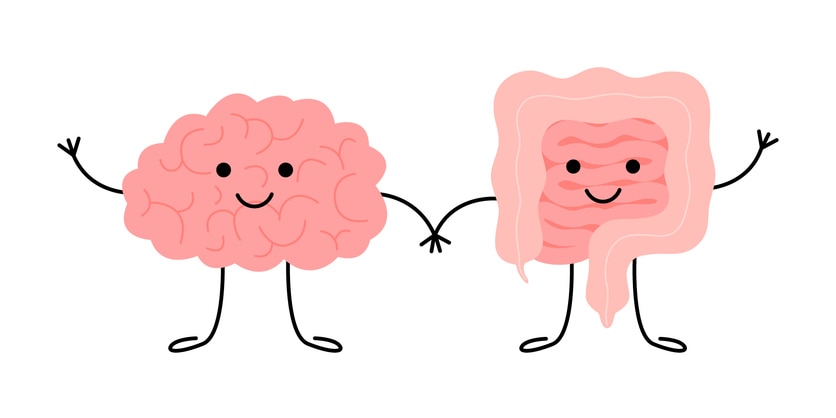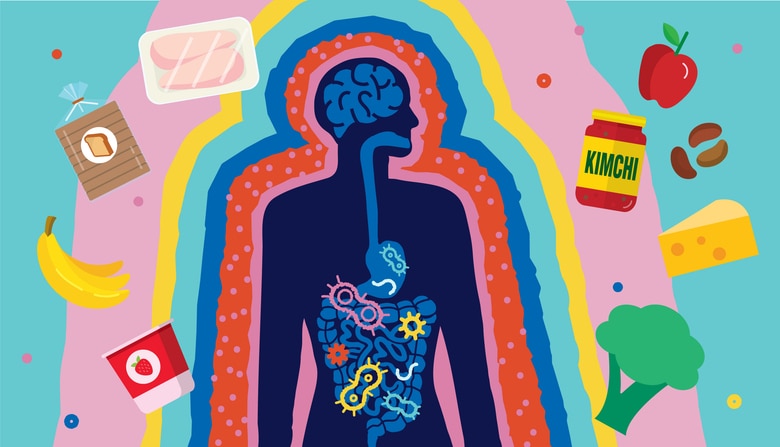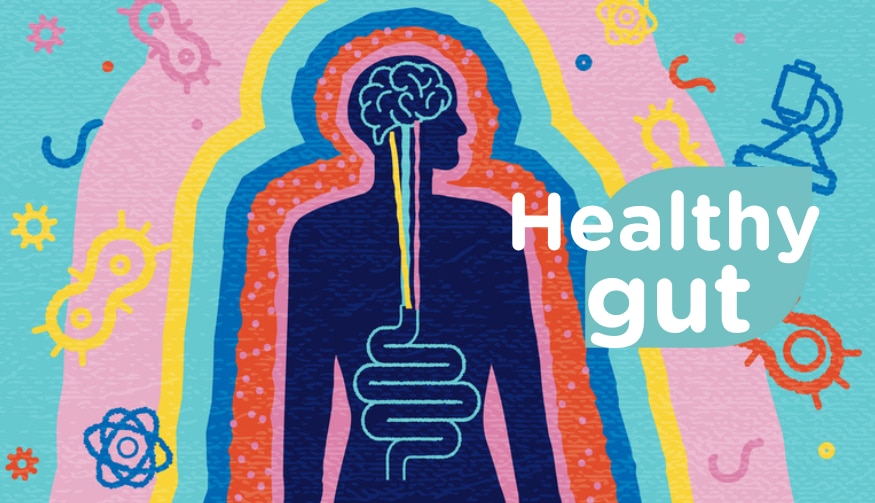Keeping your gut healthy is incredibly important for overall health and vitality. An unhealthy gut can contribute to issues like fatigue, inflammation, weakened immunity, skin problems, and even mental health issues. Maintaining a healthy gut is key for optimal digestion, absorption of nutrients, regulating our immune system, and even impacting brain health. Read on and find out the importance of gut health and improving digestion.
The Gut-Brain Connection

You might be surprised to learn that your gut is actually considered the “second brain.” That’s because the gut contains millions of nerve cells and neurons that make up the enteric nervous system. This network of nerves lines the entire digestive tract and communicates directly with the brain through biochemicals like neurotransmitters.
The gut and brain are constantly sending signals back and forth, which is why problems in the gut can manifest as neurological symptoms like brain fog, anxiety, or depression. Improving gut health is emerging as a potential way to support brain function and mental health.
So how can you keep your gut in great shape?
A diet full of fiber-rich plant foods like fruits, veggies, legumes, nuts, and whole grains provides the prebiotics that feed the beneficial bacteria in your microbiome. Fermented foods like yogurt, kefir, sauerkraut, and kombucha are rich in probiotics, the live bacteria and yeasts that help colonize your gut with healthy microbes.

For an extra probiotic boost, consider a high-quality supplement to promote digestion and support gut barrier function. The gut microbiome is extremely sensitive, so it’s wise to repopulate it with beneficial bugs through probiotic foods and supplements. Always consult your healthcare provider before taking any supplements or starting a new diet.
Staying hydrated, managing stress, getting enough sleep, and avoiding unnecessary antibiotics and medications that can disrupt the microbiome are also key for gut health.
Above all, listen to your gut. Signs of gut issues include gas, bloating, diarrhea, constipation, heartburn, and abdominal pain. If you experience persistent gut problems, see a gastroenterologist.











